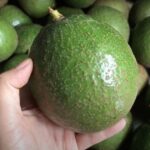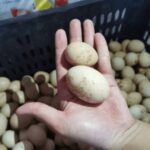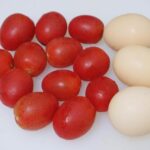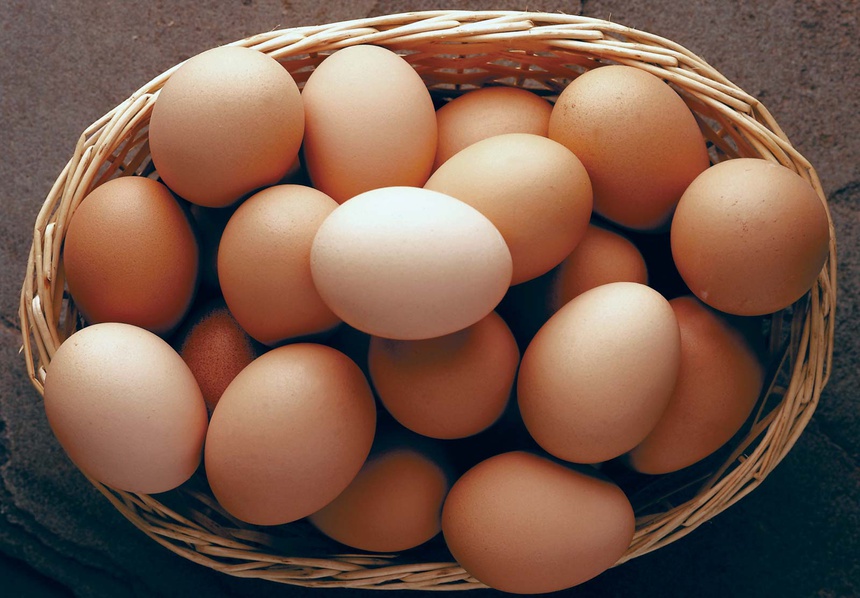
Eggs: Freezing can cause the liquid inside eggs to expand and crack their shells, increasing the risk of bacterial contamination. Even hard-boiled eggs or dishes containing eggs, such as mayonnaise or cakes, should not be frozen.
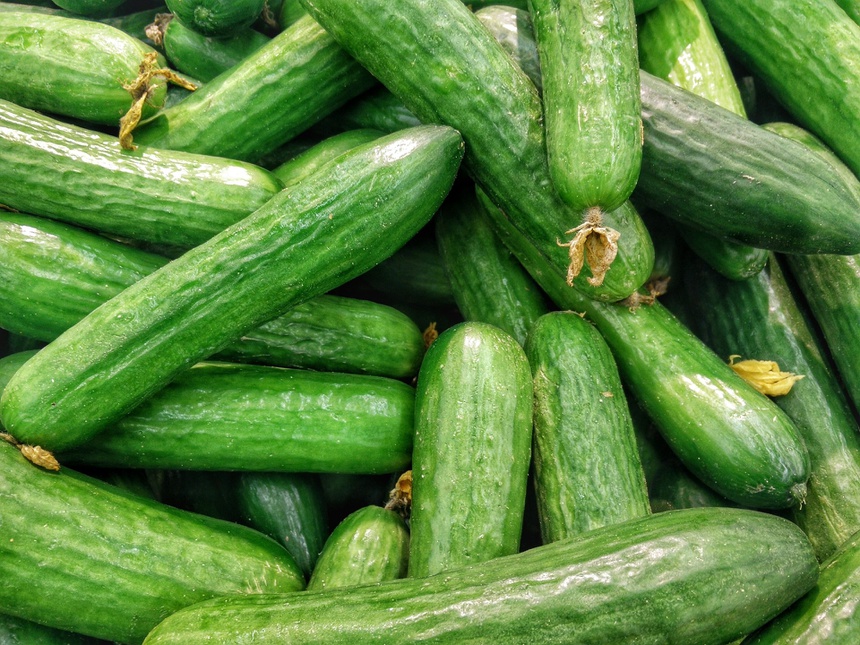
Cucumbers: Water-rich vegetables like cucumbers can be frozen but tend to become soft and lose their crisp texture and flavor. To keep cucumbers fresh for longer, store them properly in the refrigerator. Wash cucumbers, soak them in a saltwater solution for 30 minutes, dry them, and finally, wrap each cucumber in a paper towel.
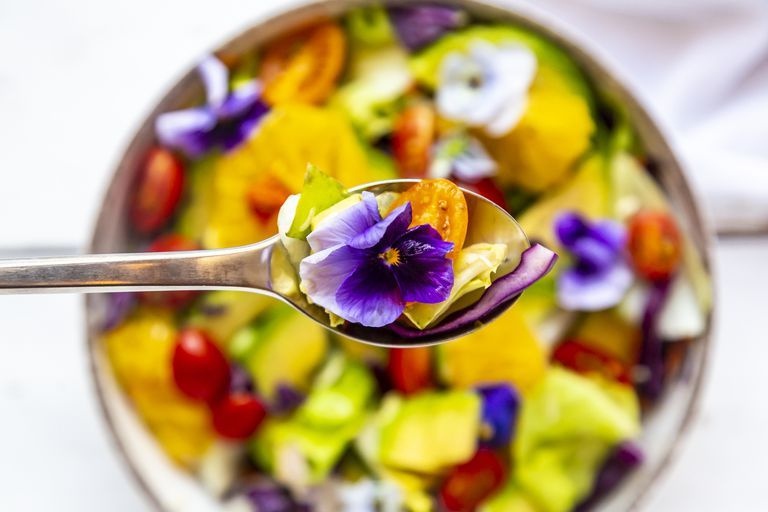
Edible Flowers: Flowers used for decoration or as a garnish are best avoided in the freezer. They tend to discolor and become mushy when thawed.
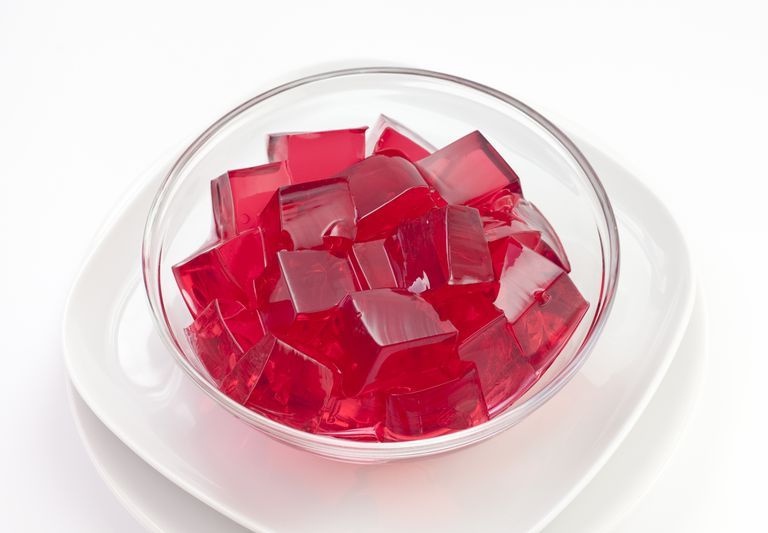
Agar: Similar to flowers, agar tends to lose its structure and becomes difficult to work with after freezing.
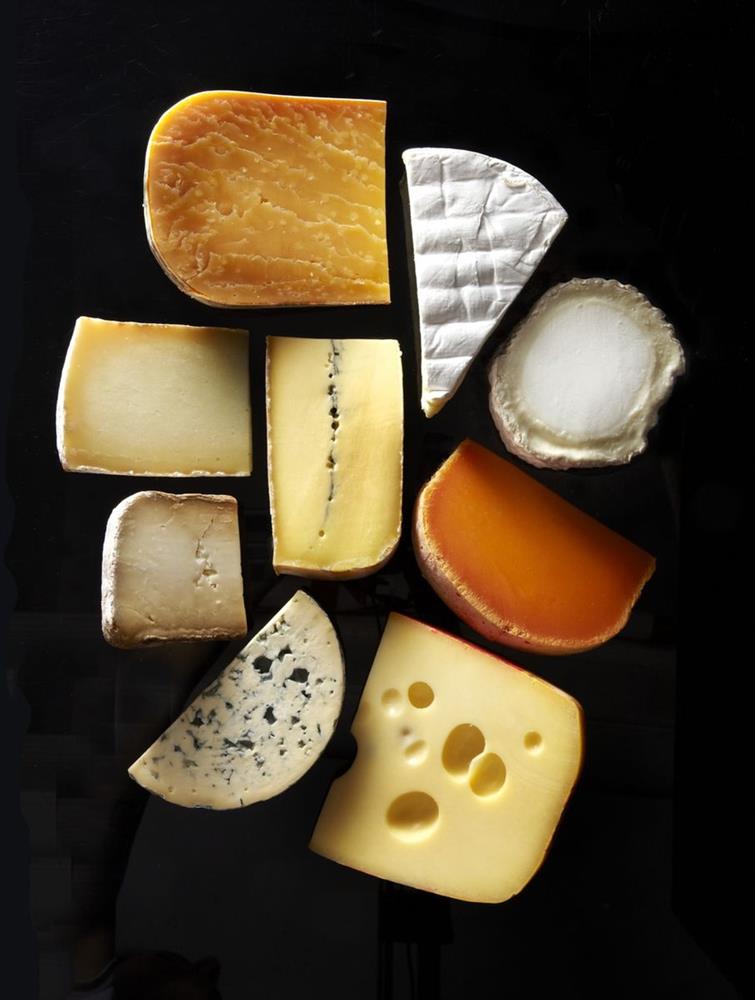
Cheese: Freezing cheese can lead to the formation of ice crystals, affecting its texture and flavor. As the cheese thaws, the water expands and contracts, disrupting the cheese’s structure. The result is a soggy, bland-tasting cheese.
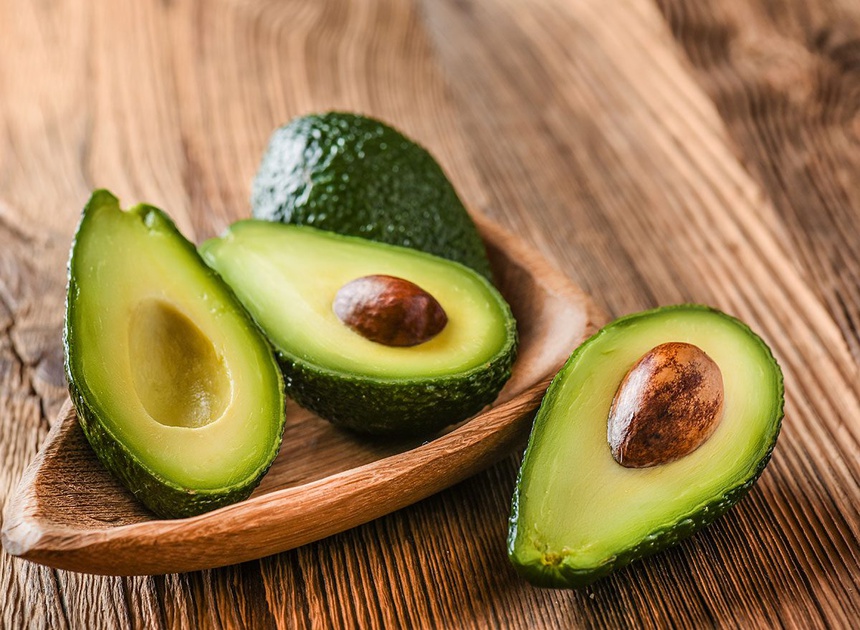
Avocados: While it’s common to freeze avocados for smoothies, whole avocados don’t fare well in the freezer. Like cheese, they lose their original texture and flavor.
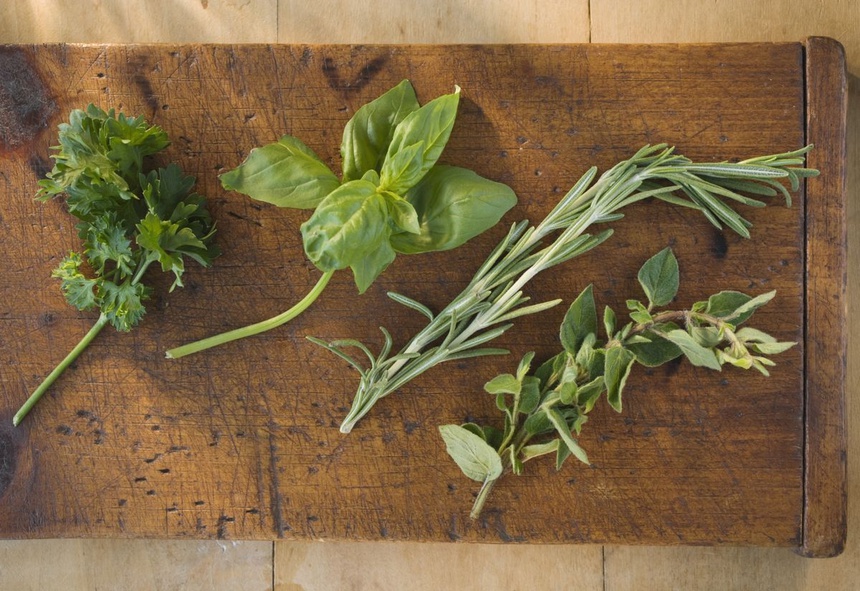
Fresh Vegetables: Fresh vegetables are best avoided in the freezer. Instead, consider pairing them with olive oil or turning them into a sauce to extend their shelf life.
Source: Zing
The Secret to Ripe Avocados: Transform Unripe Green Avocados into Perfectly Ripe Fruit in Just 1-2 Days
Achieving that perfect, creamy texture for your avocado toast or guacamole can be a tricky business. But fear not, as we’re about to reveal a simple trick to ripen avocados quickly and easily! Say goodbye to the days of waiting impatiently for your avocados to soften, and hello to a world of perfectly ripe, green goodness.

























